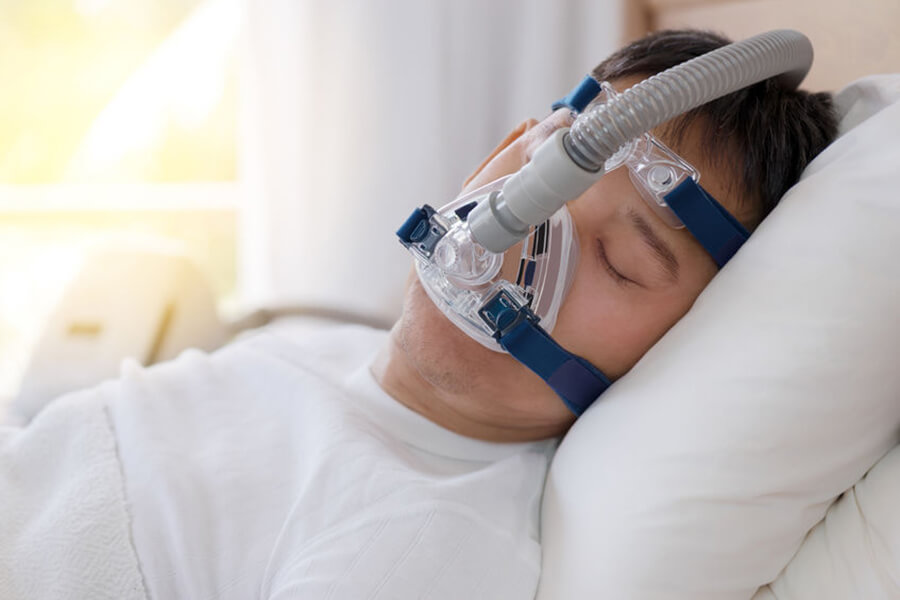We have all heard how a sensible diet and regular exercise are two of the most important factors associated with your cardiovascular health.
The quality of your sleep, however, is another integral component that affect your overall well-being.
Sleep apnea has been shown to be directly tied to elevated risks of cardiovascular and metabolic health and the reason for concern is that it is a common problem that most people are unaware of.
How Sleep Apnea Is Caused
Sleep apnea occurs when the upper airway muscles are relaxed as you sleep and pinch off the airways to limit air flow, causing your breath to stop for more than 10 seconds at a time until your body’s natural reflexes kick in and you begin to breathe regularly again.
Sleep apnea affects 20% of obese individuals, but also 3% of those with a normal weight, affecting more men than women.
There are two types of sleep apnea: central sleep apnea and obstructive sleep apnea.
With central sleep apnea, the brain fails in sending the proper signals to your muscles to allow breathing.
With obstructive sleep apnea, air cannot flow into or out of the mouth or nose as you attempt to breathe.
Sleep apnea is often first noticed by the sleeper’s bed partner, with symptoms including dry mouth and headaches.
If you notice any signs, consult a doctor to order a sleep apnea test that monitors breathing and oxygen levels as you sleep.
Treating Sleep Apnea
To treat sleep apnea, the main therapeutic device used is a CPAP machine to humidify air through the nose, with researchers also advising weight loss to reduce the diameter of the throat for clearer breathing pathways during sleep.
The long-term consequences of sleep apnea means the real risk is done over time which makes treating it early all the more important to overall health.

